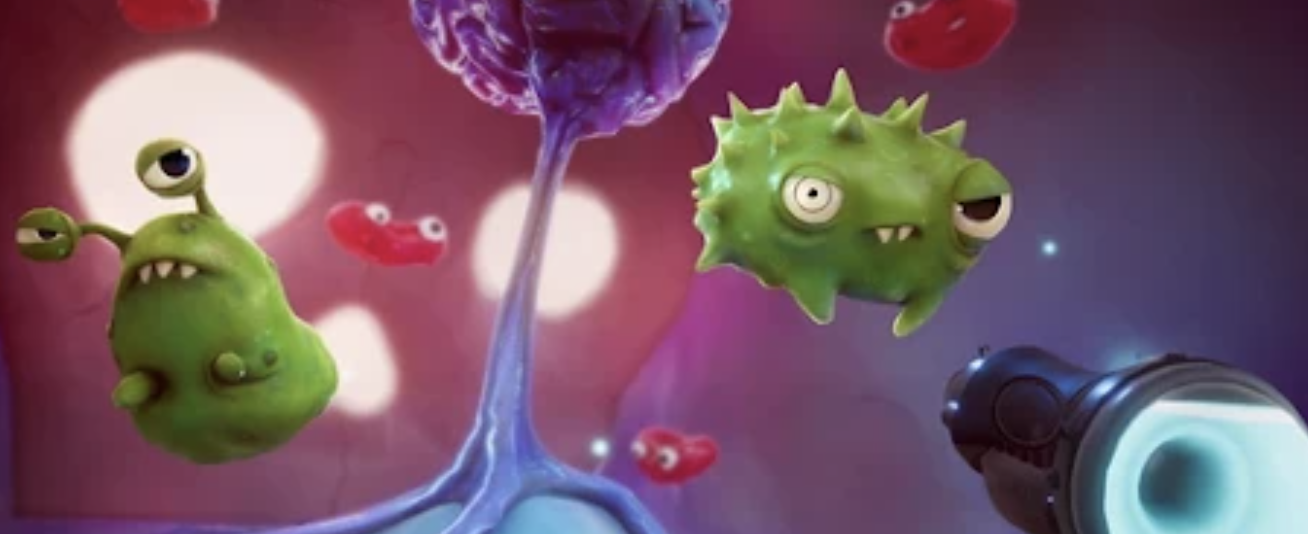Set your goals and find your community
Tutorial
Beginner
+10XP
15 mins
452
Unity Technologies

In this tutorial you'll learn how to equip for your journey, and meet some of your fellow adventurers. You will learn about the importance of the creative community in the game development process, as well as, how to give and receive feedback as a member of a community.
Materials
Languages available:
1. Importance of Creative Community
2. Feedback from your Community
3. Introduce yourself
In the comments section, share a little bit about yourself and your goals, so you can meet your fellow adventurers. The pinned post is the Course Welcome post - share some or all of the following with your fellow learners:
- Tell us your time zone (for example, Pacific or Central European).
- Tell us your goal for the course and for your game. For example:
- I want to release my first game on itch.io in 2019.
- I want to make a game for my sister for her birthday.
- I want to finish a game in a genre I haven’t tried before.
- Describe one challenge you’ll face on the way, like “I can only work on my project on weekends” or “I’m very new to code”.
- Also consider sharing your Twitch or Steam username, or other places your classmates might find you online.
Be as specific about the goal as you can, and phrase it so that you’ll be able to decide at the end of the course whether you really did it or not. Vague goals like “I just want to get better at Unity” won’t be very helpful to you.
Once you’ve introduced yourself, go read about your classmates. See if you can find people with a goal that’s similar to yours.
Be a good community member and check in – say something nice to them or ask them a question. You’re just being friendly, but it’s the beginning of building that creative community we talked about in the videos. We highly recommend commenting on at least 2 other course members' post.
4. Homework - Go Play Games!
Yes, your homework is to play games!! Find and play small, well designed games to help you come up with your own. Specifically, find fun, small games to give you some inspiration for the game you’ll make in this course. Don’t get too attached to any specific game though – you’ll get the theme next week and you want to leave your options open.
Start with games that were made for game jams, such as Ludum Dare or the Global Game Jam. Itch.io and GameJolt also have a lot of good small games. Avoid games that combine story with game mechanics. That is, games like visual novels are okay, and games like endless runners are okay, but a platformer that also tells a detailed story (such as Braid) wouldn’t qualify.
Here are some other small games that will give you an idea of what to look for:
- Tomb of the Mask
- Helix Jump
- Bumper.io
- Rise Up
- Duet
- Threes!
- Push & Pop
- Drop 7
- Robot Unicorn Attack
- Circadia
- Ridiculous Fishing
- Thomas Was Alone
- Super Hexagon
- You Must Build a Boat
- Dots
- iO
- Osmos/Hundreds
- Penguin Launcher
- Kingdom: New Lands
After you've played the games discuss in the comments your favorites games, why do you like them, did playing them impact the kind of game you will create, or anything else you'd like to talk about.
5. Bonus Reading
These short articles and videos are packed with specific, practical tips for people making their first game. Spend some time with them to get yourself ready for your journey.
- A short, actionable article on finishing your first game: GameDeveloper’s “How to finish your game – 5 tips for indie developers” (Dec 2017)
- A practical guide for indie makers containing realistic advice for beginners: Spin Atomic Object’s “6 Steps to Getting Started in Indie Game Development” (May 2024)
- An article from an indie-focused portal: Gamasutra’s “Making it in Indie Games: Starter Guide” — “Finish your games. … Build yourself a working environment that’s healthy for you.”
- Game Maker’s Toolkit, a YouTube series by Mark Brown, breaks down game design decisions in popular games – one of the best ways to learn what works. Watch a few to understand how to play games critically yourself.
6. What's Next?
In the next project we’ll get right into the good stuff.
You’ll learn about the design process – how professional game designers develop their ideas into game concepts. And we’ll introduce you to the biggest challenge of all for beginning game makers: scope.